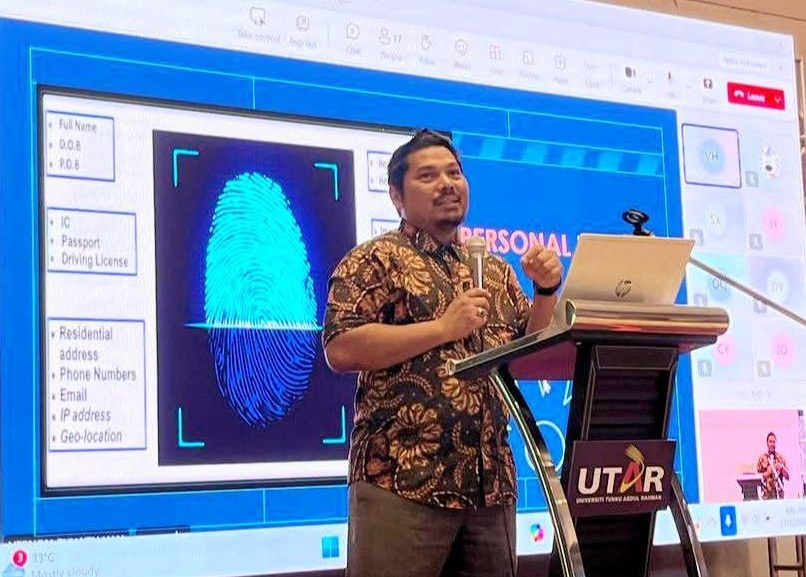
By Iva Karen
KUALA LUMPUR, June 13: Financial institutions in Malaysia are strengthening their Enhanced Due Diligence (EDD) procedures for high-risk clients as part of broader efforts to safeguard the financial system from abuse, in line with Bank Negara Malaysia’s guidelines, says a financial crimes investigator.
Muhamad Nazri Shaidon, an anti-money laundering and counter-financing of terrorism expert, said EDD involves more stringent scrutiny of customers deemed to pose greater financial crime risks — including Politically Exposed Persons (PEPs), sanctioned individuals or entities, and clients with high-value or complex financial accounts.
Muhamad Nazri, formerly from Bank Negara Malaysia, said these enhanced measures go beyond basic customer verification and are designed to detect and prevent activities linked to money laundering, terrorism financing and corruption.
He explained that under regulatory standards, banks are required to apply EDD to individuals who hold prominent public positions or political influence, such as ministers, senior government officials, judges, military officers and executives of state-owned enterprises.
“Their close associates and immediate family members are also subject to similar levels of scrutiny. Customers from jurisdictions with weak anti-money laundering controls, or those using opaque ownership structures to hide beneficial ownership, are also classified as high risk,” he said.
Touching on what EDD involves, Nazri highlighted that banks gather additional documents to verify a customer’s identity, examine the source of their funds, seek top management approval before establishing relationships, and monitor transactions more closely and frequently.
He also addressed public concerns that EDD may feel invasive, stressing that these procedures are not intended to spy on individuals, but rather to protect the financial system from being used as a tool for illegal activities.
“This isn’t about spying. It’s about ensuring transparency and protecting honest customers from being exploited as fronts for criminal enterprises such as money laundering or terrorist financing.”
He added that in high-risk cases, financial institutions may also conduct onsite visits to verify the legitimacy of the customer’s business operations and perform third-party interrogatories, which involve independent verification of the customer’s background, business reputation and financial activities.
In addition to EDD, Muhamad Nazri said banks are also required to screen all customers against international and domestic sanctions lists, including those issued by the United Nations Security Council (UNSC) and Malaysia’s Ministry of Home Affairs.
He said if a customer is positively identified as being on a sanctions list, the financial institution must immediately freeze the account, suspend any transactions, and notify BNM and the relevant enforcement authorities.
He also stressed that Malaysia’s implementation of these measures follows global standards set by the Financial Action Task Force (FATF), the international body overseeing efforts to combat money laundering and terrorism financing.
“Adopting FATF’s 40 Recommendations helps ensure the country’s financial system remains trusted, transparent and open to global trade and investment.
“EDD is a crucial line of defence. It allows banks to assess not just who the customer is, but also whether their financial activities are consistent with their profile and declared source of funds,” he said.
–WE